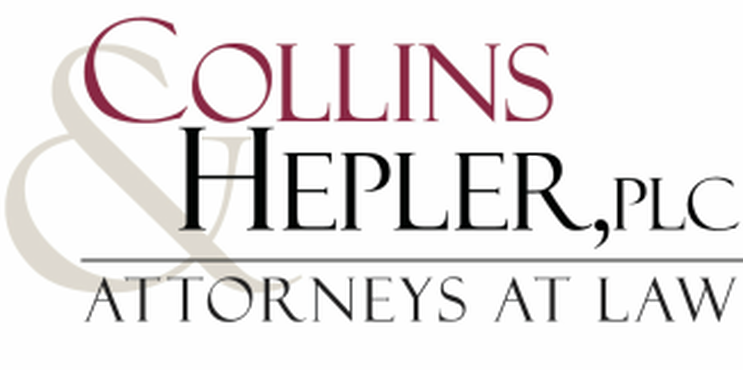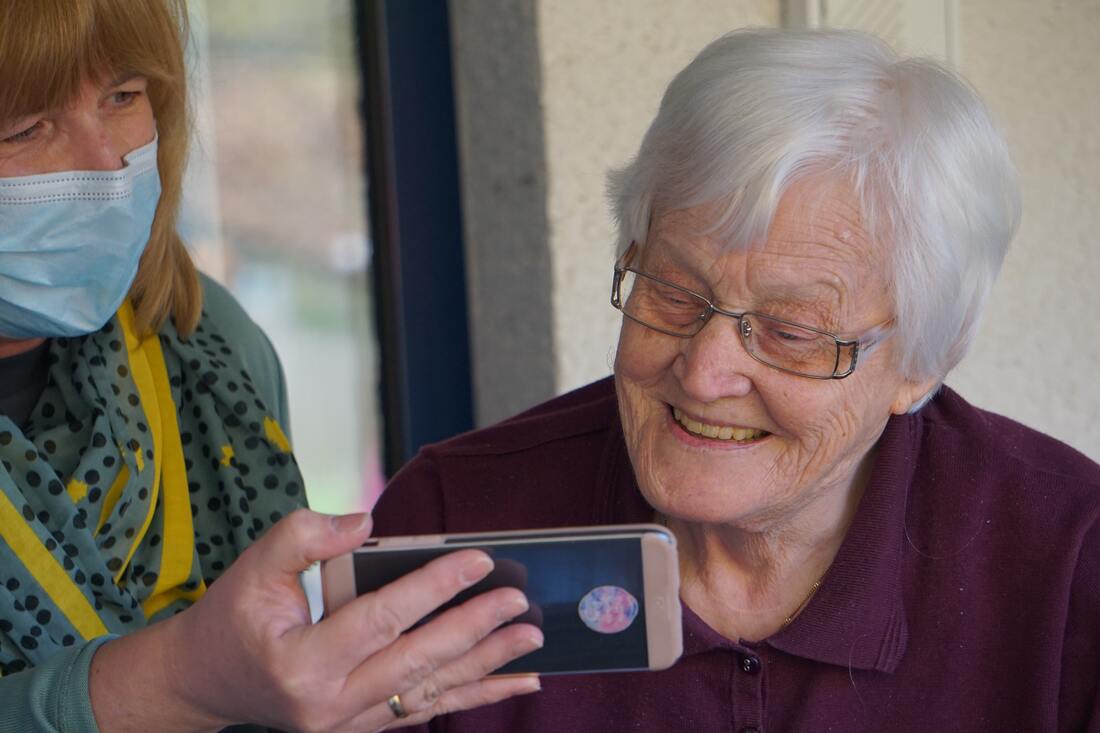- If you have drug costs high enough to reach the catastrophic coverage phase in your Medicare drug coverage, you won’t have to pay a copayment or coinsurance, starting in 2024. (Note that according to KFF, this provision will effectively cap out-of-pocket costs at approximately $3,250 in 2024)
- Extra Help affording prescription drug coverage (the Part D Low-Income Subsidy (LIS) program) will expand to cover more drug costs for people with limited resources who earn less than 150% of the federal poverty level, starting in 2024. People who qualify for Extra Help generally will pay no more than $4.50 for each generic drug and $11.20 for each brand-name drug.
In addition, the drug price negotiation program created by the IRA allows Medicare to use its bargaining power to negotiate the prices of prescription drugs for the first time.
The pattern of lowered cost continues in 2025, when the annual Part D out-of-pocket cap will be decreased to $2,000. Individuals will also have the option to pay out-of-pocket costs in monthly amounts over the plan year, instead of when they happen.
SOURCE/MORE: CENTER FOR MEDICARE ADVOCACY>>





 RSS Feed
RSS Feed